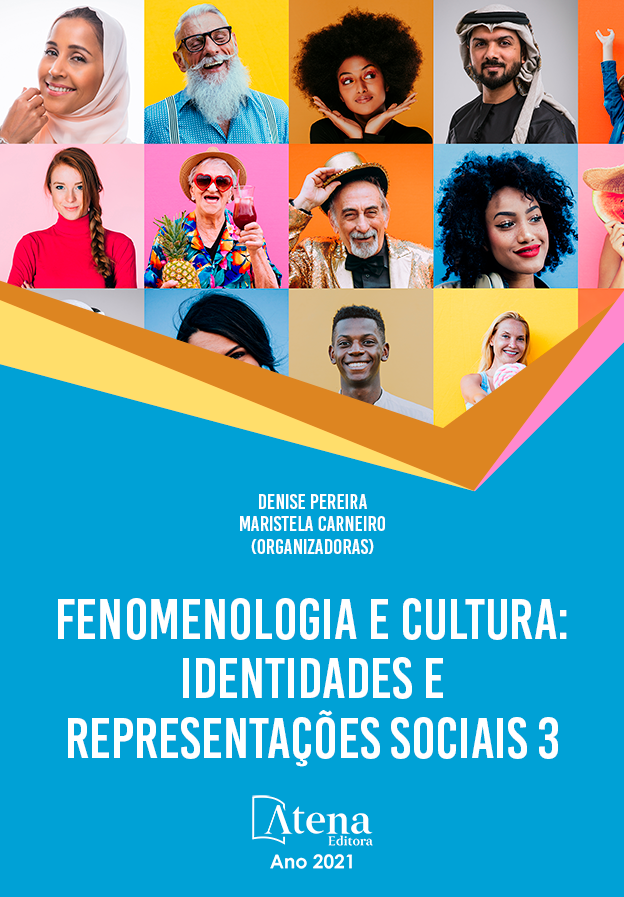
BIODIVERSIDADE E IDENTIDADE LOCAL: O POTENCIAL DAS PLANTAS ALIMENTÍCIAS NÃO CONVENCIONAIS PARA A VALORIZAÇÃO DA AGRICULTURA URBANA DE CURITIBA
Este texto discorre, a partir da perspectiva do Design para Territórios, sobre a reorientação dos modelos de cultivo e consumo de alimentos nas iniciativas de agricultura urbana em Curitiba. Como objetivo, este trabalho propõe um conjunto de recomendações para projetos que visam contribuir para comunicar o potencial das Plantas Alimentícias Não Convencionais (PANCs) nativas da Região Sul do Brasil, incentivar o seu cultivo e consumo, como forma de valorizar a biodiversidade local, promover a autonomia das comunidades participantes dessas iniciativas e fortalecer a identidade curitibana. O estudo foi concentrado na Horta Comunitária do Cajuru. Este recorte foi determinado em razão do importante papel desempenhado por essa iniciativa que busca introduzir o cultivo das PANCs como estratégia de fortalecimento da segurança alimentar nas comunidades circunstantes. A pesquisa realizada teve um caráter qualitativo e os procedimentos metodológicos adotados para o seu desenvolvimento foram a pesquisa bibliográfica, a pesquisa documental, a pesquisa de campo e os levantamentos. Como resultado, este trabalho gerou um compilado de recomendações para a elaboração de ações e projetos de comunicação das qualidades das PANCs nativas da Região Sul do Brasil, bem como, orientações para o cultivo sustentável e o consumo responsável das PANCs produzidas em hortas comunitárias urbanas.
BIODIVERSIDADE E IDENTIDADE LOCAL: O POTENCIAL DAS PLANTAS ALIMENTÍCIAS NÃO CONVENCIONAIS PARA A VALORIZAÇÃO DA AGRICULTURA URBANA DE CURITIBA
-
DOI: 10.22533/at.ed.6532115043
-
Palavras-chave: Design para Territórios; Identidade local; Comunicação; Biodiversidade; Plantas alimentícias não convencionais.
-
Keywords: Design for Territories; Local identity; Communication; Biodiversity; Unconventional food plants.
-
Abstract:
This paper discusses, from the perspective of Design for Territories, about the reorientation of cultivation and food consumption models in urban garden initiatives in Curitiba. As an objective, this work proposes a set of recommendations for projects that aim to contribute to communicating the potential of the native Unconventional Food Plants (UFPs) of the Southern Region of Brazil, to encourage their cultivation and consumption as a way of enhancing local biodiversity, promoting the autonomy of the communities participating in these initiatives and strengthen the local identity of Curitiba. The study was concentrated in the Cajuru Community Garden. This cut was determined by the important role played by this initiative that seeks to introduce the cultivation of UFPs as a strategy for strengthening food security in surrounding communities. The research carried out had a qualitative character and the methodological procedures adopted for its development were the bibliographic research, the documentary research, the field research and the surveys. As a result, this work generated a compilation of recommendations for the elaboration of actions and communication initiatives on the qualities of native UFPs in the Southern Brazilian Region, as well as guidelines for the sustainable cultivation and responsible consumption of UFPs produced in urban community gardens.
-
Número de páginas: 15
- Layssa Kmiecik
- Andre de Souza Lucca


